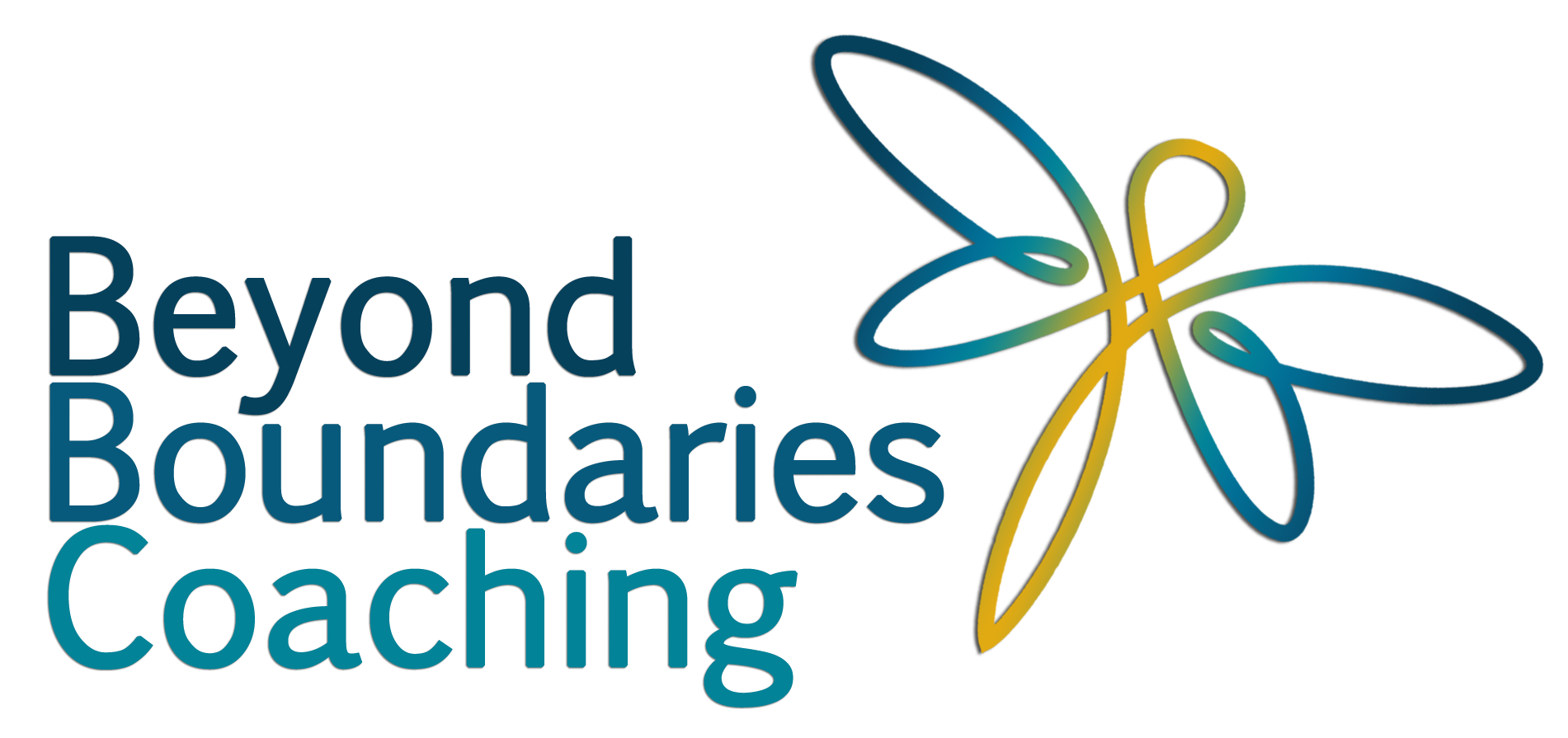Many of my clients are former experts turned business owners. They love what they do, but if they could just rely on psychic sales where new customers appeared from thin air and chucked a wodge of cash in their direction life would be easier.
Sadly that isn’t the reality, and one of the things that often brings the mind monkeys out in force is how to have sales calls that convert without wasting time and energy or feeling icky or pressured.
What I’m sharing here is the approach I use. Handy if you’re booking a call with me as you’ll know what to expect
What to call them?
People wrangle with this a lot. Discovery calls in particular get a bad rep because there are some shady tactics out there – I heard recently of someone being offered a coaching package and pressured to sign up there and then with a £500 discount for deciding on the day and another £500 discount for paying in full.
Personally I’d say in most cases it really doesn’t matter whether you call it a discovery call, a clarity call or an initial chat – make sure the person coming onto the call knows it is to discuss working with you rather than a freebie to pick your brains. Then run it ethically rather than applying high pressure tactics and you’ll be grand.
How long should they be?
You’ll hear all sorts of opinions on this from ‘it should never be longer than 15 minutes’ to ‘it needs to be an hour’. My take is you may not need one at all, and if you do it needs to be long enough to get to the right decision for you and the potential client at the end of it. I’ve signed clients up via messenger without a call where we already knew each other well enough to know working together would be a good fit. I’ve done 15 minute calls to go through final queries for group programmes with very little 1:1 support. And I normally spend 30 to 45 minutes on a call with a potential 1:1 client if we don’t already know each other
What I don’t do is offer a call to help someone decide if they want a one off power hour. That’s an off the shelf, take it or leave it option.
When to talk money?
I’m a fierce advocate for having your prices loud and proud on your website and social media. The power balance during a sales call is all off if the potential client is waiting to find out if your prices are totally out of their league
If you don’t have set packages or day rates, or you simply prefer not to be quite so upfront, there are still ways you can give an indication of pricing. ‘Starting from’ prices, blogs about what factors impact on the cost of a project working with you or a price range all help
How to run them?
I have a simple outline structure that works for most of my clients when they adapt it to their business. Feel free to use this as a start point to build your own
· State the purpose and outline how the call will run – I keep it short and sweet, saying the call is to help us both decide whether working together might be a good fit
· Ask questions that help you understand what prompted them to get in touch with you. I ask potential clients to talk to me about their business, what they are finding tricky and why they have got in touch with me at this point. I might also ask about what else they have tried before coming to me and what kind of coach they are looking for. The aim here is understanding whether I can actually help them and whether they seem like the kind of person I want to work with
· Ask questions to understand what they want instead – if they hate their current website but need a new one turned around in a week, you might be more than capable of helping but not have the capacity. If you’re a PT and they are overweight it could be easy to assume they want weight loss when what they actually want is to be fitter. If you assume from their challenges that you can help them without checking what they actually want instead, you risk launching into a sales pitch only to end up with egg on your face
This can flag up the people who know what they don’t want but haven’t yet figured out what they do want. It can also help you get a handle on whether what they want is realistic and feasible (especially within the budget and / or timelines they are working to)
· Summarise back using their own language what they have told you about their challenges and what they want instead. If you summarise back using your language rather than theirs you risk creating a disconnect rather than them feeling heard and understood
· If (and only if) you can help them, offer to explain what you can do to help. Don’t get drawn into the detail of the process you use – instead focus on how what you are recommending can help them get the result they want. If you’re a VA, people don’t need to know at this stage how you’ll track your time on their projects but they do need to know that your approach to communication will work for them. If you’re a copywriter they need to feel reassured you will be able to write their copy using the right tone rather than know they will get two rounds of edits
It’s not that the detail isn’t important or won’t be communicated, just that the purpose of this conversation is to help you both decide if you’re going to work together. Any detail that isn’t crucial to that decision risks derailing the conversation into getting hung up on stuff that can be covered later
One approach that can really help here is sharing the story of a client like the person you’re talking to – when people recognise that you’ve successfully helped others in a similar situation to them it gives reassurance that they can get the same or a similar result
· Once you’ve shared how you can help, make it easy for them to buy from you. This isn’t about heavy handed tactics to close a sale, it’s about making sure they know the next steps to be able to go ahead. If they need to go to an online sales page, tell them that and offer to send the link. If they just need to tell you and you’ll invoice them then let them know that. Don’t just come to an awkward halt once you’ve explained how you can help
· Ask if there’s anything else they need to know to make their decision. This does two things; gives them the opportunity to ask any questions on details that matter to them, and also reminds them the purpose of the conversation is to be in a position to make that decision
· Agree on a follow up. Sometimes the potential client is raring to go by this point and will be ready and raring to get started. Perfect. Often, they may need time to think and reflect – they might be talking to other people or your offer may represent a chunky investment and they need to sit with it. People wanting to reflect doesn’t mean you’ve done a bad job of the call, but it does mean your job isn’t yet finished. Ask about the timeframe and agree when you will follow up to check on what decision they have made
Key Takeaways
If you hate sales calls, there are three takeaways I’ll leave you with
1. Put the attention on the potential client, not how you feel – When you focus on how you feel (nervous, anxious, uncertain or something else), your attention is on you and your own fears. When you focus your attention on the potential client, you can stay curious and enjoy the conversation
2. A No is as good as a Yes – One of the reasons people hate calls is that it feels like there is so much riding on the outcome. When you run your own business it feels like your job is to get people to say yes. Your livelihood depends on it. Your reputation can feel at risk if people say no. All that goes double if you’re not as busy as you’d like to be or the last 5 people you’ve spoken to have said ‘thanks but no thanks’
The reality is, a call is the opportunity for both of you to make a decision about whether working together would work. Hiding from someone saying no means you are also less likely to get a yes, because you don’t get the potential client to a final decision at all
3. Sales is a skill – When the mind monkeys set in one of the things they may well tell you is you’re not very good at sales. What they don’t do is let you know that like any other skill, your ability to confidently handle sales calls can improve with practise. Having a clear structure to work to is one of the simplest ways to get better because you can break the overall thing down into smaller chunks and figure out which most needs improvement
Know you need to improve your conversion but still feel icky about sales? Book a Power Hour using the button below and we can work on it together




